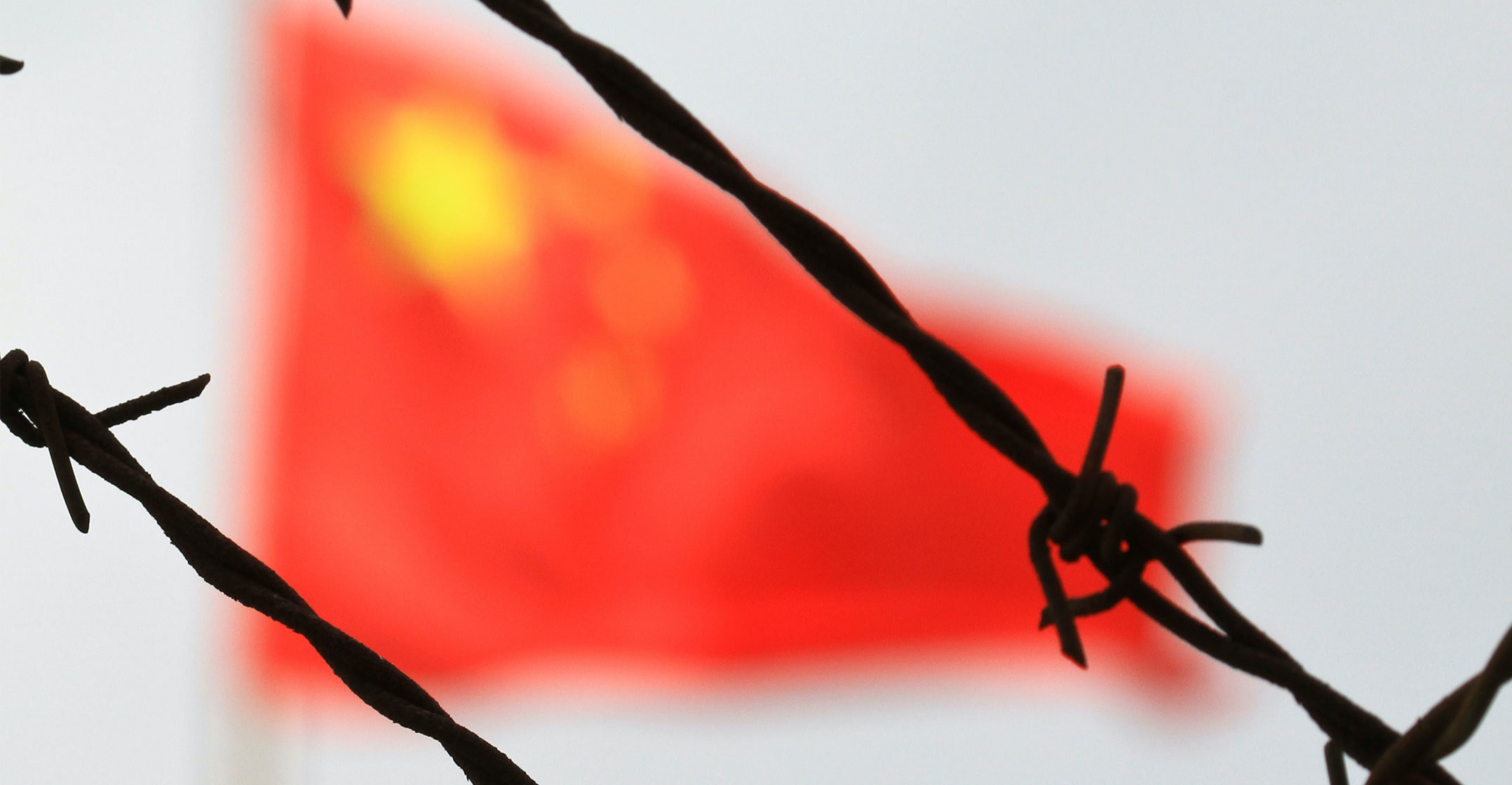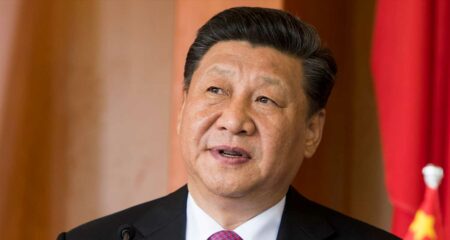 China has blocked the social media accounts of a nationalistic blogger who waged a campaign against a major Chinese tech firm, in the latest censorship of an outspoken patriotic voice.
China has blocked the social media accounts of a nationalistic blogger who waged a campaign against a major Chinese tech firm, in the latest censorship of an outspoken patriotic voice.
Sima Nan’s Twitter-like Weibo account, where he has more than 3.1 million followers and regularly posts anti-American commentary, was marked restricted for “violating relevant laws and regulations” over the weekend, meaning he temporarily cannot post on the site.
His accounts on video-sharing platforms Bilibili and Douyin as well as digital platform Toutiao were also frozen, Chinese media including the state-owned Jinan Daily reported, although his accounts on those sites didn’t carry public notices on Wednesday.
The restrictions come after Sima, whose real name is Yu Li, on Friday shared a video on Weibo accusing Lenovo Group of manipulating public discourse against him. He made the claims after reports he’d bought a house in California in 2010 generated a hashtag on Weibo last week that was viewed 4.9 million times, as users accused him of hypocrisy.
Last year, the blogger known for his staunch support of the ruling Communist Party led an online campaign alleging Lenovo had sold state-owned assets too cheaply. The company’s largest shareholder at the time defended the asset sale in Chinese media, saying it had been legal.
Lenovo hasn’t publicly responded to Sima’s new allegations, and a representative declined to comment on Wednesday.
President Xi Jinping’s government has tightened controls on the nation’s cyberspace, censoring not only viewpoints contrary to official political standpoints but, more recently, sometimes reining in bellicose nationalist voices that go beyond the party line.
Greater scrutiny
After pro-Russian voices offered to “take care of” pretty female Ukrainian refugees earlier this year, for example, official Chinese news outlets warned citizens to discuss the war “rationally” and the offending social media accounts were deleted.
Nationalist calls online for China to shoot down US house speaker Nancy Pelosi’s plane on approach to Taiwan earlier this month led to disappointment among some at Beijing’s eventual reaction of unprecedented military drills.
Another nationalistic blogger, Kong Qingdong, was also temporarily banned on Weibo this week, according to a notice on his account. It was not immediately clear what prompted the ban.
Read: Apple eyes production shift to India amid worries about China
Chinese social media faces even greater scrutiny ahead of a major leadership congress later this year, said Maria Repnikova, an assistant professor in global communication at Georgia State University. At that congress, Xi is expected to win a precedent-defying third term in office.
“Considering the sensitivity of this particular congress, I’m not surprised that the voices deemed as extreme or potentially destabilising are silenced, including those on the nationalistic spectrum,” she said. — Sarah Zheng and Colum Murphy, (c) 2022 Bloomberg LP




